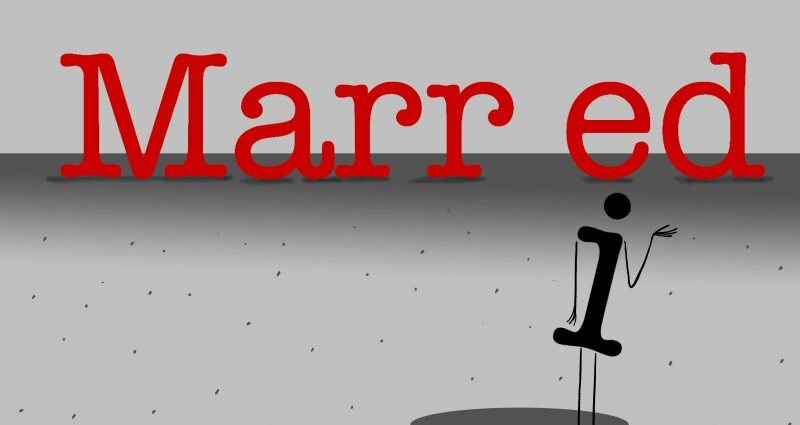My mother has owned a share portfolio for many years, and it’s always been in her name. Her second husband does not dispute the ownership. He now requires residential aged care and she has no other assets or means of income than from the shares. She is in her 80s. His only asset is a share of the home. Are her shares considered as part of the assets test for his aged care? We feel she cannot afford to pay his costs and live herself, and it will be worse if she has to sell the shares to pay for the accommodation deposit. She seems to be between a rock and a hard place.
Aged care guru Rachel Lane says that all assets owned by a couple are considered irrespective of what names they may be in. The exception is the home which is exempt for as long as one of them lives there.
Asset tests for couples when it comes to aged care can be a minefield.Credit:Simon Letch
If they claim to be separated and living apart (strict criteria apply) then assets and income are assessed based on legal ownership. While on face value this may seem attractive, you need to look at all the consequences in terms of cost of care and pension implications. It may also be taken into consideration in any family law matters.
This is a very complex area and specialist financial and legal advice should be sought. It is possible to pay some or all of the accommodation cost by daily payment in lieu of paying a lump sum, it is also possible to pay some of the lump sum and have the remaining daily payment deducted from it. If she needs to sell small parcels of shares to get by the capital gains tax should be minimal.
I have a beachside holiday house bought in 2008 that has been used solely for family holidays and has never been rented. Its value has risen enormously recently which raises the question of whether to sell it or not. I’m not clear about capital gains tax on a holiday house compared to one’s permanent home. Also, if the holiday home is bequeathed to my children, would they be liable for CGT based on the vastly increased current value?
Because the property was acquired after August 20, 1991, all expenses incurred on that property since you bought it can be added to the base cost for CGT purposes. These include rates, land tax, maintenance and insurance. You would need to add these items, deduct the answer from what you think would be the net selling price, and then apply the 50 per cent discount to arrive at the taxable capital gain.
If the house was in joint names, half of that gain would be added to each person’s taxable income in the year the sales contract was signed. Death does not trigger CGT, the house will pass to your beneficiaries at your base cost, and they will be liable for CGT if they ever sell it.
I am 68 and have $635,000 in a super account and $129,000 in a retirement income stream. I put money into my super from the sale of a rental property using the three years bring forward rule as I am still working. There is a surplus of $80,000 that I cannot put into super until 2025 as I have gone over the $330,000 cap. As my husband is 75 the money can’t go into his super. I would like to buy 10-year insurance bonds with the remaining money but don’t know what to buy or how to obtain them.
An insurance bond would not be an appropriate investment based on the information provided because they pay a flat tax of 30 per cent per annum. A better option may simply be to hold the money in the name of the lowest income earner until you deem it appropriate and possible to make further superannuation contributions.
My husband and I are in our late 60s and are retiring later this year. We have $2 million in superannuation between us, own our own home and have no dependents. We have children and grandchildren but they are self-sufficient. My husband wants to purchase a unit on the Sunshine Coast for $535,000, rent it out, and pay the mortgage with the rent. Should we take a mortgage to buy the unit or pay for it outright?
Given the huge increase in property values on the Sunshine Coast in the last two years, I would think the prospects of capital gain over the long term are not good. I think your superannuation would give much better returns, and suggest that you borrow to a level that suits your comfort level. Maybe a good option would be a loan where the repayments are equal to the net rent.
- Advice given in this article is general in nature and is not intended to influence readers’ decisions about investing or financial products. They should always seek their own professional advice that takes into account their own personal circumstances before making any financial decisions.
Noel Whittaker is the author of Retirement Made Simple and numerous other books on personal finance. Email: [email protected]
Most Viewed in Money
From our partners
Source: Read Full Article


